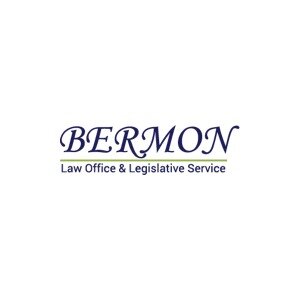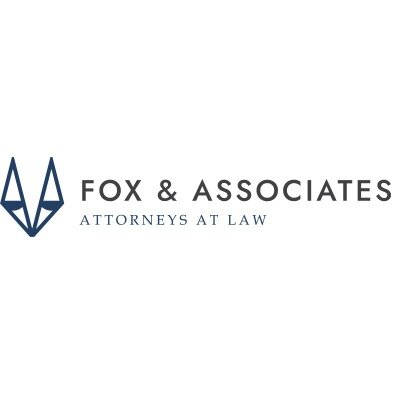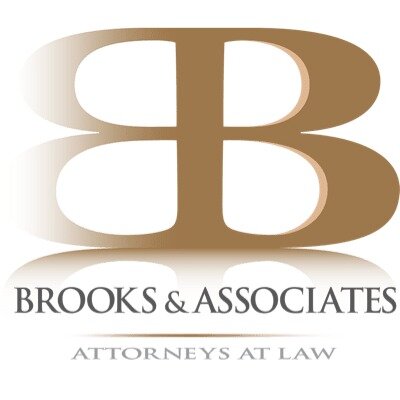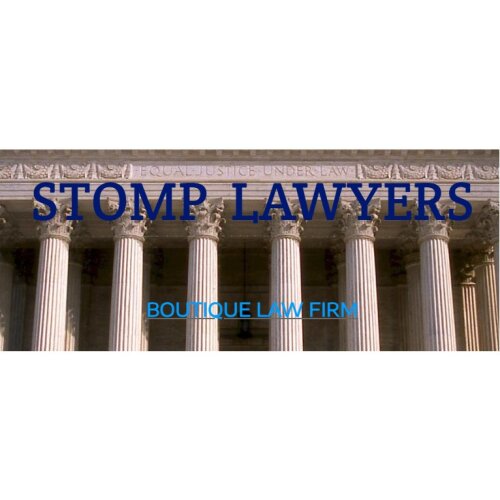Best Nonprofit & Charitable Organizations Lawyers in Philipsburg
Share your needs with us, get contacted by law firms.
Free. Takes 2 min.
List of the best lawyers in Philipsburg, Sint Maarten
About Nonprofit & Charitable Organizations Law in Philipsburg, Sint Maarten
Nonprofit and charitable organizations in Philipsburg, Sint Maarten, play a vital role in addressing social, cultural, educational, and environmental needs. As a constituent country of the Kingdom of the Netherlands, Sint Maarten has its own legal framework governing the establishment, operation, and management of nonprofit entities. These organizations, often referred to as foundations or associations, must operate within defined regulatory structures to maintain their tax-exempt status and demonstrate transparency and accountability. Understanding the legal landscape is crucial for effective compliance and operation.
Why You May Need a Lawyer
Individuals or groups may seek legal advice for several reasons when dealing with nonprofit and charitable organizations in Philipsburg:
- Formation and Registration: Assistance in the incorporation and registration process, ensuring compliance with legal statutes.
- Bylaws and Governance: Drafting organizational bylaws and advising on effective governance practices to align with regulatory requirements.
- Tax Compliance: Navigating the tax-exempt status criteria and ensuring ongoing compliance with financial reporting requirements.
- Contracts and Agreements: Reviewing or drafting contracts for fundraising, partnerships, or service arrangements.
- Dispute Resolution: Legal representation in conflicts related to governance, employment, or co-operative projects.
- Dissolution: Guidance on the legal procedures involved in dissolving a nonprofit organization.
Local Laws Overview
Several key legislative aspects are relevant to nonprofit organizations in Philipsburg:
- Legal Structure: Foundations (Stichtingen) and associations (Verenigingen) are the two primary structures under which nonprofits operate, each with distinct legal characteristics.
- Registration Requirements: Organizations must register with the St. Maarten Chamber of Commerce and Industry and adhere to specific reporting requirements.
- Taxation: While many nonprofits may qualify for tax exemptions, they must comply with financial reporting to maintain this status.
- Governance and Supervision: Regulations require organizations to show clear governance structures, often outlined in their bylaws.
- Reporting and Accountability: Annual financial statements and performance reports are typically necessary to demonstrate transparency.
Frequently Asked Questions
What is the difference between a foundation and an association?
In Sint Maarten, a foundation (stichting) is typically formed to engage in charitable activities without distributing profits. An association (vereniging) involves a membership that collectively works towards mutual goals, with members having voting rights.
Do I need to register my nonprofit with the government?
Yes, all nonprofits must be registered with the St. Maarten Chamber of Commerce and Industry to be legally recognized and to qualify for potential tax exemptions.
How can a nonprofit maintain its tax-exempt status?
To maintain tax-exempt status, a nonprofit must comply with reporting requirements, demonstrate clear governance, and use its income for charitable purposes, avoiding profit distribution to members or founders.
What kind of records must a nonprofit keep?
Nonprofits should keep comprehensive financial records, minutes of meetings, governance documents like bylaws, and records of activities to ensure transparency and compliance.
Can a nonprofit organization engage in commercial activities?
Yes, but any commercial activities must support the nonprofit's primary charitable purposes. Profits should be reinvested into the organization's mission.
What are bylaws, and why are they important?
Bylaws are internal rules that govern the organization’s operations, covering aspects like board meetings, member roles, and decision-making processes. They ensure clear governance and regulatory compliance.
How can a lawyer assist with nonprofit fundraising efforts?
A lawyer can help draft and review fundraising agreements, ensure compliance with financial regulations, and provide advice on legal obligations related to donor contributions.
What should I do if there's a dispute within the organization?
Consulting a lawyer can provide guidance on conflict resolution, mediation, or proceeding with legal action if necessary, to ensure the organization's integrity and mission are upheld.
How is intellectual property managed for nonprofits?
Nonprofits should seek legal advice to protect intellectual property, such as logos and materials, through trademarks or copyrights to prevent unauthorized use and maintain brand integrity.
Are there specific employment laws for nonprofit staff?
Nonprofits must comply with Sint Maarten's labor laws, covering aspects such as contracts, wages, and workplace rights, ensuring fair treatment of employees and volunteers.
Additional Resources
For more guidance, consider reaching out to:
- St. Maarten Chamber of Commerce and Industry: Provides resources and registration services.
- Tax Authority of St. Maarten: Offers guidance on tax-related inquiries and compliance for nonprofits.
- Local Bar Associations: Can connect you with lawyers specializing in nonprofit law.
- Grant-Making Organizations: Offer financial support and may provide resources on legal compliance.
Next Steps
If you are seeking legal assistance for a nonprofit or charitable organization in Philipsburg, consider these steps:
- Identify Your Needs: Clearly outline the legal assistance required for your organization.
- Consult with Professionals: Reach out to lawyers specializing in nonprofit law for tailored advice.
- Prepare Documentation: Gather all relevant documents, such as bylaws and financial statements, for review.
- Follow Up: Implement the legal advice received to ensure compliance and effective operation.
Engaging with the right legal expertise can greatly support your organization’s growth and adherence to local laws.
Lawzana helps you find the best lawyers and law firms in Philipsburg through a curated and pre-screened list of qualified legal professionals. Our platform offers rankings and detailed profiles of attorneys and law firms, allowing you to compare based on practice areas, including Nonprofit & Charitable Organizations, experience, and client feedback.
Each profile includes a description of the firm's areas of practice, client reviews, team members and partners, year of establishment, spoken languages, office locations, contact information, social media presence, and any published articles or resources. Most firms on our platform speak English and are experienced in both local and international legal matters.
Get a quote from top-rated law firms in Philipsburg, Sint Maarten — quickly, securely, and without unnecessary hassle.
Disclaimer:
The information provided on this page is for general informational purposes only and does not constitute legal advice. While we strive to ensure the accuracy and relevance of the content, legal information may change over time, and interpretations of the law can vary. You should always consult with a qualified legal professional for advice specific to your situation.
We disclaim all liability for actions taken or not taken based on the content of this page. If you believe any information is incorrect or outdated, please contact us, and we will review and update it where appropriate.












